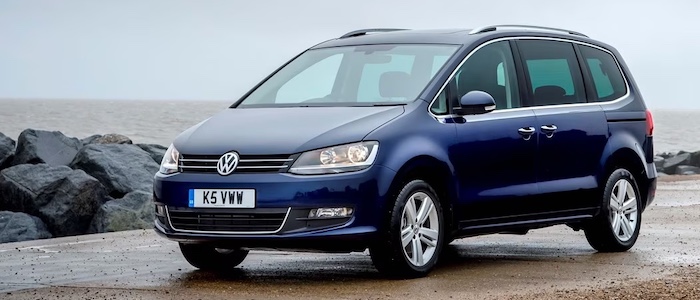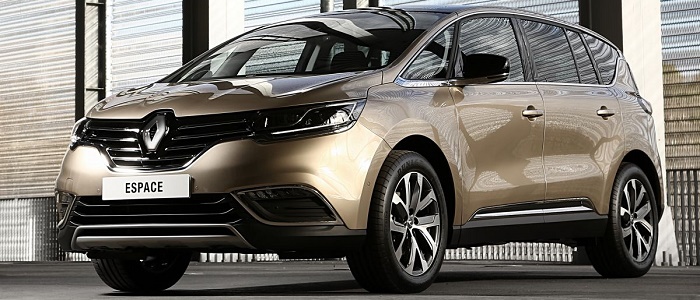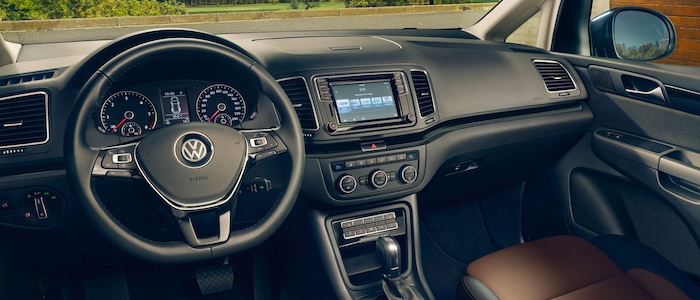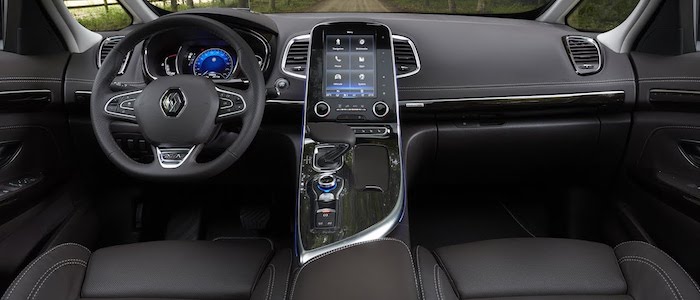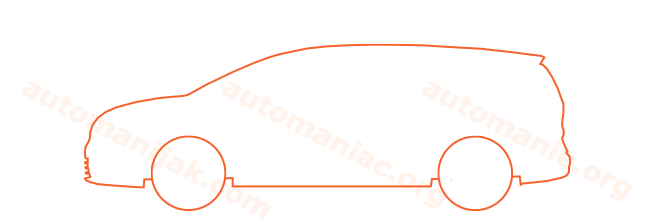Compare two cars
Compare any two cars and get our Virtual Adviser™ opinion
Dimensons & Outlines
Check vehicle history
Engine
2.0 dCi M9R 160
Performance (manual gearbox)
Performance (automatic gearbox)
Expenses
Virtual Adviser's™ opinion
Two significantly similar cars, no doubt about that. Still, each one has something different to offer. Having both cars powered by diesel engines and utilizing the 5-door MPV body style within the same 'MPV' segment, the only major difference here really is their wheel drive configuration (4 x 4 for the Volkswagen and front in the case of the Renault). The first one has a Volkswagen-engineered powertrain under the hood, a 4-cylinder, 16-valves 150hp unit, while the other one gets its power and torque from a 4-cylinder, 16-valves 160hp engine designed by Renault.
SafetyA starting point here would be to take a look at the results from European New Car Assessment Programme (Euro NCAP) tests which were performed on both of the cars, with the Renault being a slightly better choice apparently. That aside, let's consider some other aspects which affect safety. Both vehicles belong to the mpv segment, which is generally a good thing safety-wise, but it doesn't do much to help us decide between the two. Furthermore, taking kerb weight as an important factor into account, the German car offers a marginal difference of 3% more metal.
ReliabilityManufacturers have been building their reliability reputation for decades now and, generally speaking, it appears that Renault does have a slight advantage, when all the models are taken into account. These are the results of an independent reasearch, while our visitors describe reliability of Volkswagen, as well as Renault, with the same average rating of 4.2 out of 5. Unfortunatelly, I don't have enough insight that would allow me to comment in more details on the specific models level. That apart, owners of different cars powered by the same engine as the German car rank it on average as 4.6, while the one under the competitor's bonnet gets 4.0 out of 5.
Performance & Fuel economyRenault is a bit more agile, reaching 100km/h in 0.1 seconds less than its competitor. In addition to that it accelerates all the way to 200 kilometers per hour, 2km/h more than the other car. When it comes to fuel economy the winner has to be the French car, averaging around 5.1 liters of fuel per 100 kilometers (55 mpg), in combined cycle. We can't ignore that 12% difference compared to the German car.
Verdict
Volkswagen appears just a bit more reliable, although the difference is truly marginal. The most important thing when deciding between any two vehicles should always be safety, both passive and active. In my opinion, everything taken into account, the French car offers slightly better overall protection and takes the lead. It all continues in the same direction, with Renault being considerably quicker, thus putting more smile on driver's face. To make things even better, it consumps less fuel! All together, there's not much more to say, in this case I wouldn't even consider anything but Renault. In any case that's my personal view, built upon all the data available to me. What should decide here though is the way you feel about the two vehicles, and I hope you'll find my guidelines useful in the process. I suggest you spend two more minutes in order to find out which car, based on your needs and budget, would be picked by the virtual adviser™, among thousands of similar, yet so different vehicles.























